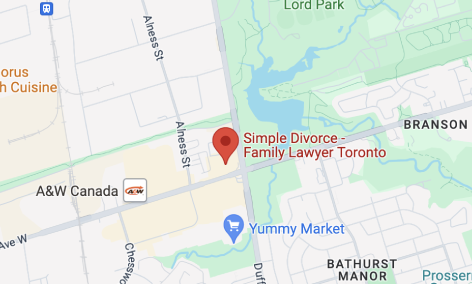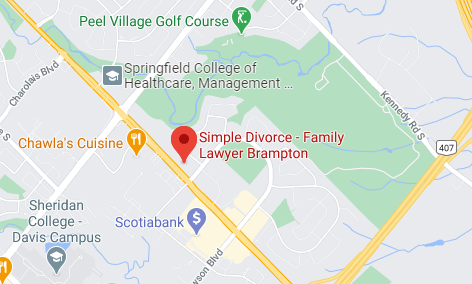Case Conferences in Ontario Family Law
A case conference in a family law matter is a meeting, presided over by a judge, with the parties, and their lawyers. A case conference is an important part of the family law litigation process because it promotes resolution of the various issues in a case.
A case conference is also very important for procedural reasons. For example, no notice of motion can be served in Ontario until a case conference has taken place, unless certain exceptions apply.
The goals of a case conference include:
(a) exploring the chances of settling the case;
(b) identifying the issues that are in dispute and those that are not in dispute;
(c) exploring ways to resolve the issues that are in dispute;
(d) ensuring disclosure of the relevant evidence;
(d.1) identifying any issues relating to any expert evidence or reports on which the parties intend to rely at trial;
(e) noting admissions that may simplify the case;
(f) setting the date for the next step in the case;
(g) setting a specific timetable for the steps to be taken in the case before it comes to trial;
(h) organizing a settlement conference, or holding one if appropriate; and
(i) giving directions with respect to any intended motion, including the preparation of a specific timetable for the exchange of material for the motion and ordering the filing of summaries of argument, if appropriate.
TIMELINES
Before a case conference, each party has to prepare and serve a case conference brief on the other party’s lawyer and file the brief with the court. The party seeking a case conference has to serve and file the brief 7 days before the conference date. The other party has to serve and file their brief 4 days before the conference date.
These timelines are very important because if you serve and file late, the court staff must refuse to accept your brief unless the other party consents or the court allows you to serve and file late. It is best to serve these documents earlier than required because it gives both sides more time to try and settle the issues before the conference.
WHAT HAPPENS IN A CASE CONFERENCE?
During a case conference, the judge leads a discussion about the issues in the case and how the case will go forward. Usually the judge allows each lawyer to speak in turn. Sometimes the parties are also invited to speak. Accordingly, the parties must be present to hear the judge’s comments about the issues and to sign any agreement reached at the conference.
A judge may make orders at a case conference, but only in very limited circumstances. Usually a judge will make orders only with the parties’ consent. Without the parties’ consent, orders can only be made in the following situations:
• On procedural matters (i.e., orders for disclosure of documents, questioning or setting timelines);
• There is clear and undisputed evidence on the record that justifies the order (i.e., order for child support based on income disclosed by the parties); or
• If it is appropriate to do so and if notice of a party’s request for an order has been served on the other party.
At the conclusion of a case conference, the judge will discuss the next steps in the case and set timelines for disclosure and motions. Usually the next steps are another case conference, a motion or a settlement conference.
For more information about Case Conferences in Ontario, or about obtaining a divorce in Ontario, please contact our Toronto divorce lawyer.
NOTICE AND DISCLAIMER: The material posted on this website is for informational purposes only and should not be relied upon as legal advice. If you are in need of legal advice relating to your particular situation it is highly recommended to consult with a lawyer.
Helpful Resources:
Divorce and Separation
Family Justice Services
Child Custody and Access
Spousal Support
Child Support
Division or Equalization of Family Property
Treatment of a Matrimonial Home
Enforcement of Support Payments
Child Protection
Child Adoption



